
Find Help
More Items From Ergsy search
-

What is Honour Based Abuse?
Relevance: 100%
-
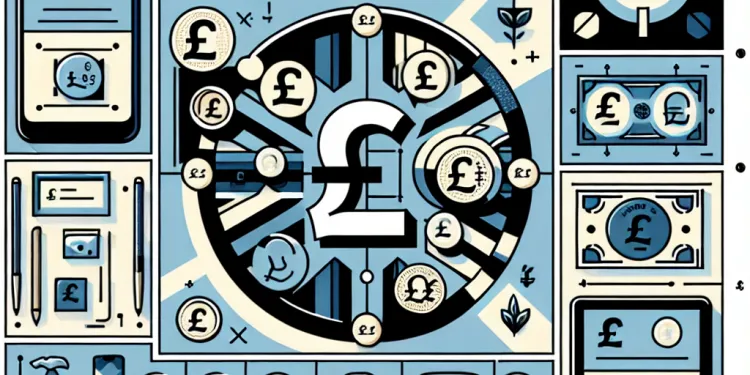
Is honour based abuse a cultural practice?
Relevance: 97%
-
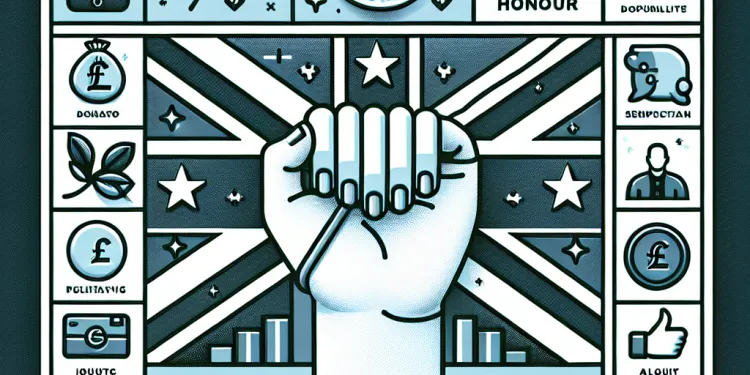
How does honour based abuse impact victims?
Relevance: 84%
-

Can men be perpetrators of honour based abuse?
Relevance: 84%
-
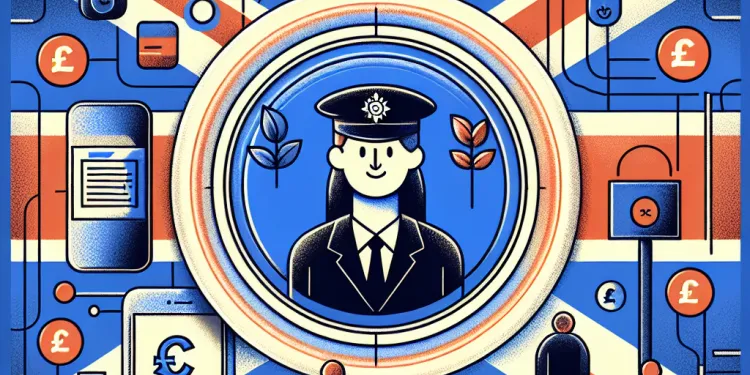
What are the signs of honour based abuse?
Relevance: 81%
-

Who can be a victim of honour based abuse?
Relevance: 80%
-

How can honour based abuse be prevented?
Relevance: 76%
-

What forms can honour based abuse take?
Relevance: 75%
-

What is the purpose of honour based abuse?
Relevance: 49%
-

How prevalent is honour based abuse?
Relevance: 49%
-
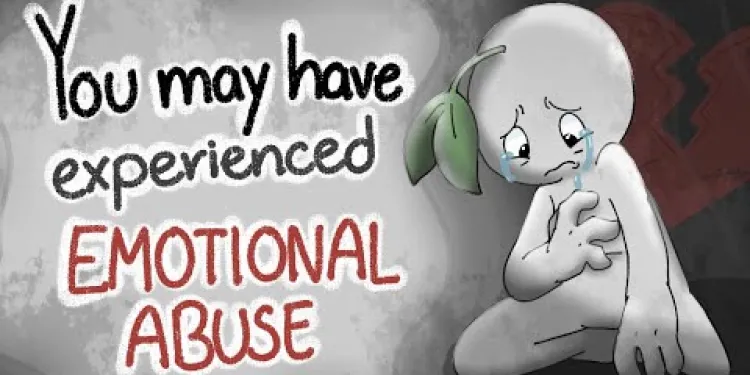
6 Signs of Emotional Abuse and Neglect
Relevance: 34%
-

What constitutes economic abuse under the Domestic Abuse Act 2021?
Relevance: 33%
-
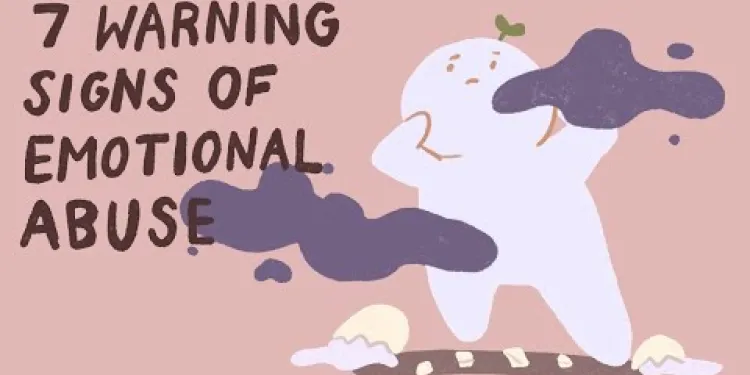
7 Warning Signs of Emotional Abuse
Relevance: 33%
-

When Kids Abuse Kids
Relevance: 32%
-

What is the new Domestic Abuse Act in the UK?
Relevance: 32%
-

Understanding the New Domestic Abuse Laws in the UK
Relevance: 31%
-

Are you a male victim of domestic abuse?
Relevance: 31%
-

Live Fear Free - Domestic Abuse
Relevance: 31%
-

Understanding the Impact of the UK's New Domestic Abuse Legislation
Relevance: 30%
-
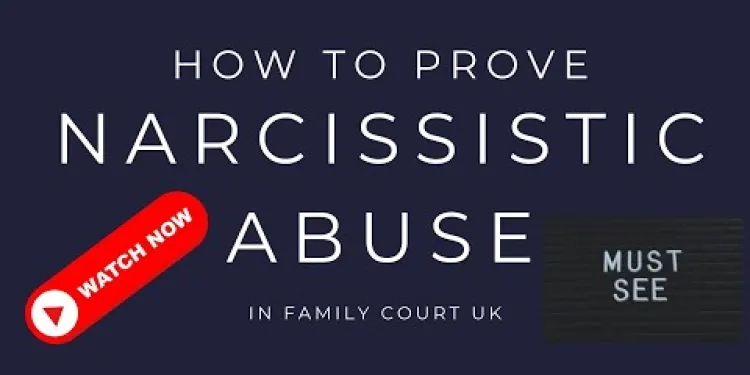
How To Prove Narcissistic Abuse In Family Court UK
Relevance: 30%
-

Three-year limit for child sexual abuse claims to be removed
Relevance: 30%
-
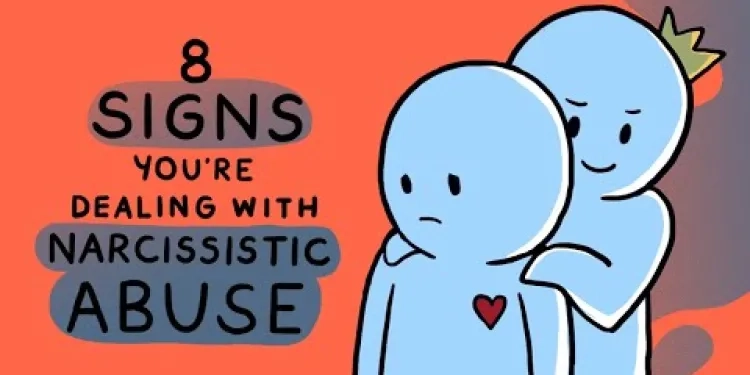
8 Signs You Are Dealing with Narcissistic Abuse
Relevance: 30%
-
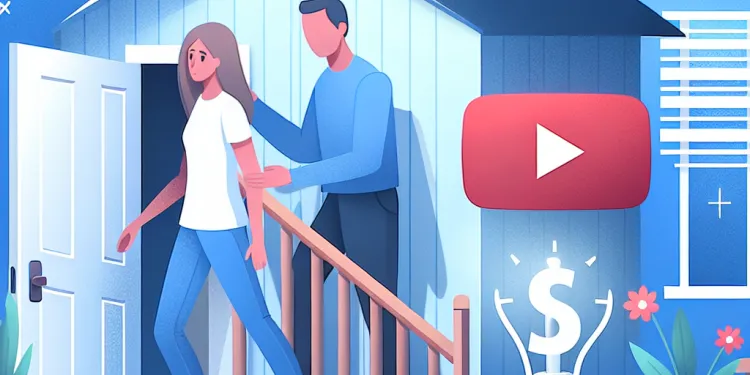
Steps to Take When Facing Domestic Abuse
Relevance: 30%
-

Live Fear Free - The Effect of Domestic Abuse on Children
Relevance: 29%
-

When did the Domestic Abuse Act 2021 come into effect?
Relevance: 29%
-

Who can be considered a domestic abuse perpetrator under the new law?
Relevance: 28%
-

5 Signs You've Been Mentally Abused
Relevance: 28%
-
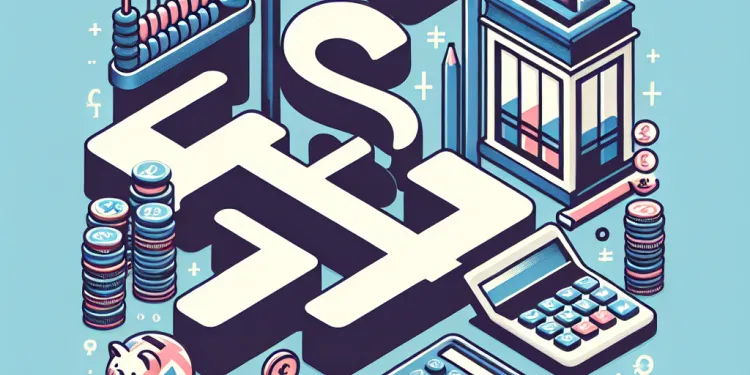
How can I calculate my new earnings based on the National Living Wage increase?
Relevance: 17%
-

Aquablation Therapy takes around 45 minutes to do based upon the patients prostate size
Relevance: 14%
-

Is ketamine addictive?
Relevance: 12%
-

What are the different types of funerals available?
Relevance: 12%
-

What is Gaslighting?
Relevance: 11%
-
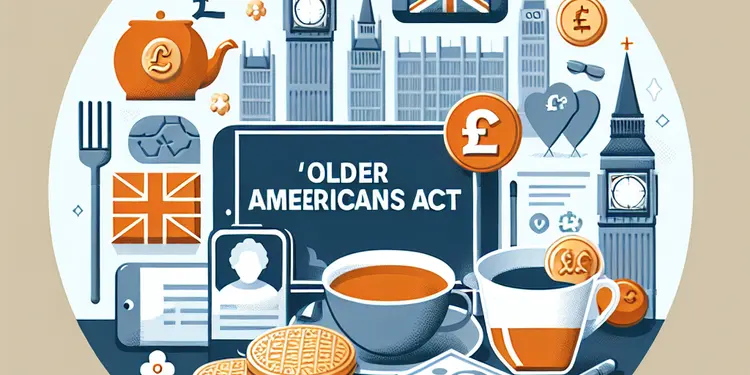
What is the Older Americans Act and how does it help seniors?
Relevance: 11%
-
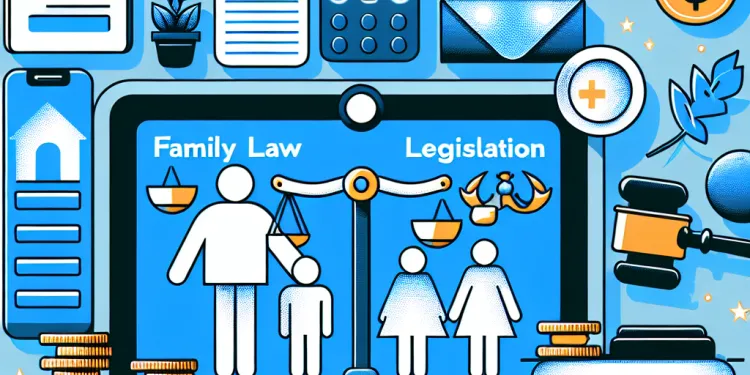
Impacts of Recent Changes to Family Law Legislation
Relevance: 11%
-

Is ketamine a controlled substance?
Relevance: 11%
-

Are boys or girls more likely to be targets of grooming?
Relevance: 11%
-
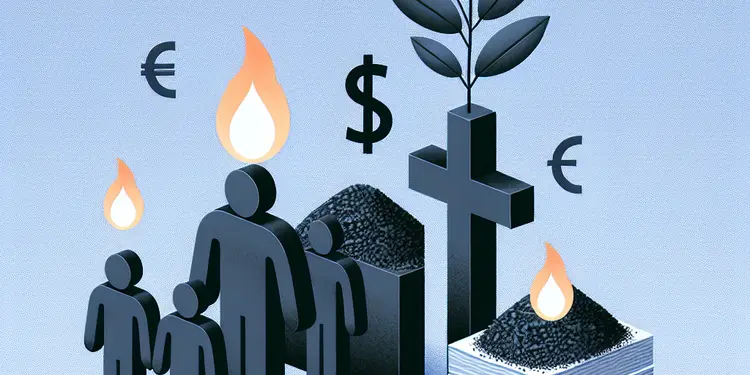
Can cremation ashes be divided among family members?
Relevance: 10%
-
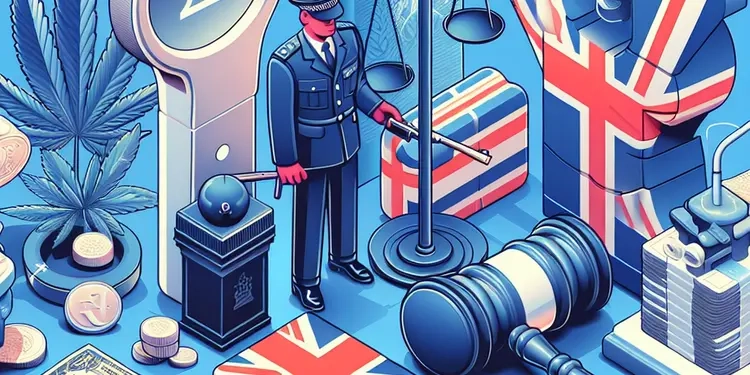
What are drug offences?
Relevance: 10%
-
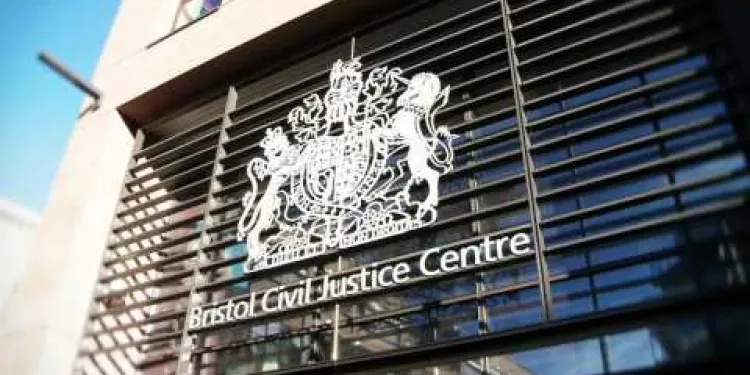
The Family Court without a Lawyer - Video 1 of 3
Relevance: 10%
-

Has ketamine's classification changed over time?
Relevance: 10%
Understanding Honour Based Abuse
Honour Based Abuse (HBA) is a collection of harmful practices used to control behavior within families or social groups to protect perceived cultural or religious beliefs and honor. It is often perpetrated by family members or the community and can include physical, emotional, and psychological harm.
What Constitutes Honour Based Abuse?
Honour Based Abuse can take many forms, including forced marriage, female genital mutilation (FGM), and violence. It may also involve threats, coercion, harassment, and more subtle forms of psychological abuse. The underlying justification for HBA is the preservation of family or communal honor, often at the expense of the victim’s rights and well-being.
Who is at Risk?
While anyone can be a victim of Honour Based Abuse, it disproportionately affects women and girls within certain cultural or religious groups. Typically, those at risk include individuals whose behavior is perceived to have brought shame or dishonor to their family or community. This can include cases where individuals are seen as being too 'westernized,' having a relationship outside the approved parameters, or refusing a forced marriage.
Recognizing Signs of Honour Based Abuse
HBA can be challenging to identify but may include signs such as noticeable changes in behavior or appearance, absence from school or work, withdrawal from social activities, or an individual expressing concern for their safety or fear of family members. Victims may also have unexplained injuries or appear overly anxious about family interactions.
The Legal Framework in the UK
The UK has taken significant steps to combat honour based abuse through legislation and public policy. The Forced Marriage (Civil Protection) Act 2007 and subsequent legislation have made forced marriage an offense, while FGM is outlawed under the Female Genital Mutilation Act 2003. Both laws offer protection and avenues for victims to seek help. The Crown Prosecution Service also prioritizes the prosecution of honour-based violence, providing a framework for legal accountability.
How to Get Help and Support
If you or someone you know might be experiencing Honour Based Abuse, it is crucial to seek help immediately. Various organizations in the UK, such as Karma Nirvana, provide specialized support and resources for those affected by HBA. They can assist victims in finding safe housing, legal advice, and emotional support. Additionally, local authorities and law enforcement agencies are equipped to handle such cases with sensitivity and confidentiality.
Conclusion
Honour Based Abuse is a serious violation of human rights that affects many individuals worldwide, including in the UK. Recognizing, preventing, and addressing HBA involves a collaborative societal effort to ensure that cultural and religious traditions do not infringe upon an individual’s right to live safely and with dignity. Understanding this issue is vital to safeguarding potential victims and providing them with the necessary support.
Understanding Honour Based Abuse
Honour Based Abuse (HBA) is when people use harmful actions to control others. They do this to keep family or group customs and beliefs. It can hurt people physically and emotionally. Family members or the community are often the ones who do this.
What is Honour Based Abuse?
Honour Based Abuse can look different in each case. It can involve forcing someone to marry, doing a harmful practice called female genital mutilation (FGM), or being violent. It can also include threats, pressure, and other harmful actions. People say they do it to keep family honor, but it really harms the person's rights and feelings.
Who Might Be Affected?
Anybody can experience Honour Based Abuse, but it mostly happens to women and girls from certain cultural or religious groups. It usually affects someone if their behavior is seen as bringing shame to their family. This can happen if someone wants to live differently, date outside of family rules, or refuse a forced marriage.
How to Recognize Honour Based Abuse
Honour Based Abuse can be hard to spot. Look for changes like acting different, missing school or work, staying away from friends, or saying they are scared of their family. Sometimes, people might have injuries they can't explain or seem very worried about their family situations.
The Law in the UK
The UK has laws to stop honour based abuse. There is the Forced Marriage (Civil Protection) Act 2007 to make forced marriage against the law. Female genital mutilation is also illegal. These laws help protect people and let them get help. The police and courts work to make sure these actions are punished.
Getting Help and Support
If you or someone you know is facing Honour Based Abuse, it is important to get help right away. Organizations like Karma Nirvana in the UK support those affected. They can help find safe housing, give legal advice, and provide emotional support. You can also talk to local councils and the police for help. They will handle your case carefully and keep your information private.
Conclusion
Honour Based Abuse is a serious problem that breaks human rights. Many people face this issue, even in the UK. To stop this abuse, everyone needs to work together. It’s important that traditions do not stop anyone from living safely and with respect. Understanding this issue helps protect and support victims.
Frequently Asked Questions
What is honour based abuse?
Honour based abuse is a form of violence and abuse that is committed to protect or defend the supposed honour of a family or community.
What forms can honour based abuse take?
Honour based abuse can take many forms, including physical violence, psychological abuse, sexual abuse, forced marriage, and even murder.
Who can be a victim of honour based abuse?
Victims of honour based abuse are often women and girls, but men and boys can also be victims.
What is the purpose of honour based abuse?
The purpose is often to control behaviour or protect the perceived honour or reputation of a family or community.
Is honour based abuse a cultural practice?
Honour based abuse is not condoned by any religion or culture; it is a violation of human rights.
How prevalent is honour based abuse?
Honour based abuse is difficult to quantify due to underreporting, but it is a significant issue worldwide.
What are the signs of honour based abuse?
Signs can include withdrawal from social networks, talk of family dishonour, excessive control by family members, and sudden travel to another country.
How does honour based abuse impact victims?
Victims may experience physical injuries, mental health issues such as depression and anxiety, and severe restrictions on their freedom.
Can men be perpetrators of honour based abuse?
Yes, both men and women can be perpetrators, although it is often male family members who enforce these practices.
How can honour based abuse be prevented?
Prevention involves raising awareness, supporting victims, educating communities, and enforcing legal protections.
What should someone do if they are experiencing honour based abuse?
They should contact local authorities, seek help from support organizations, and ensure they are in a safe environment.
Is honour based abuse a criminal offense?
Yes, acts of honour based abuse can constitute criminal offenses such as assault, coercion, or murder.
What is the difference between honour based abuse and domestic violence?
Honour based abuse is specifically motivated by perceived threats to family or community honour, whereas domestic violence may not have this cultural component.
Can honour based abuse happen in Western countries?
Yes, honour based abuse can and does occur in Western countries, often within immigrant communities but not exclusively.
How can professionals identify honour based abuse cases?
Professionals can look for patterns of control, monitoring, and coercion, as well as any cultural pressures relating to honour.
What role does culture play in honour based abuse?
While certain communities might face cultural pressures about honour, abuse itself is not a legitimate cultural practice.
Are there specific laws targeting honour based abuse?
Some countries have specific laws and policies to address honour based abuse, while others address it through broader domestic violence or criminal laws.
What organizations provide help for honour based abuse victims?
There are many organizations worldwide that offer support, including hotlines, shelters, and legal advice, like Karma Nirvana and Honour Network.
Can children be involved in honour based abuse?
Yes, children can be both victims and perpetrators, sometimes coerced by family members to uphold family honour.
Why is it important to talk about honour based abuse?
Discussing honour based abuse increases awareness, reduces stigma, and encourages victims to seek help while stressing cultural change.
What is honour based abuse?
Honour based abuse is when someone hurts others because they think it brings shame to their family.
It can happen if a person acts in a way that the family does not like.
People might be told not to go out or talk to friends. They might get hit or hurt.
If you or someone you know is in danger, tell a trusted adult or call for help.
Use simple words and talk about feelings. Pictures can also help explain things.
Honour based abuse is when someone hurts another person to try and keep the family or community's honour safe.
What are the different types of honour-based abuse?
Honour-based abuse can happen in different ways. Here are some examples:
- Someone might hurt you to protect their family's honour.
- You could be forced to get married.
- You may be stopped from going to school or meeting friends.
- People might try to control what you wear or how you behave.
If you need help, you can talk to a trusted adult or call someone who helps people in trouble.
Honour based abuse can be many bad things. It can be hitting, hurting feelings, hurting the body, forcing someone to marry, and even killing.
Who can be hurt by honour based abuse?
Honour based abuse means hurting someone because they did something their family or community doesn't like. Anyone can be hurt by this. It can happen to boys, girls, men, and women. Sometimes it happens in families or communities.
If you or someone you know needs help, talk to a safe adult or call a support line. You can also use pictures or easy-to-read guides to understand more.
People who get hurt from honour-based abuse are often women and girls. But sometimes, men and boys can also get hurt.
Why does honour-based abuse happen?
Honour-based abuse happens when people think someone has made the family lose respect. They use abuse to control or punish them. It is wrong and it can hurt people.
If you need help, talk to someone you trust or call a support helpline. They can help you stay safe.
This is usually done to make people behave in a certain way or to keep the family's or community's good name safe.
Is honour-based abuse part of a culture?
Honour-based abuse is when someone hurts or controls others to protect their family’s name or reputation.
It is not okay and it is against the law.
It happens in some families and communities, but it is not right and should never be accepted.
People who are worried about honour-based abuse can talk to someone they trust or contact a help service for support.
Honour based abuse is not okay in any religion or culture; it is wrong and goes against human rights.
How common is honour based abuse?
Honour based abuse is hard to count because many people do not tell others about it. But it is a big problem all around the world.
What are the signs of honour based abuse?
Honour based abuse means hurting someone to protect family's name.
Here are signs someone might be hurt:
- They are not allowed to go out or make friends.
- They are scared of their family.
- They have to do things they don't want to do.
- They have bad marks in school.
- They are hurt or bruised.
If you see these signs, tell a teacher or someone you trust.
Using pictures and simple words can help understand this better.
Look out for these signs:
- A person stops spending time with friends.
- They talk about bringing shame to their family.
- Family members control their every move.
- They suddenly go to another country.
If you notice these, talk to a trusted adult or call a help line for advice.
How does honour-based abuse hurt people?
People who are hurt might have problems with their bodies. They can also feel very sad or worried. They might not be able to do what they want anymore.
Can men cause harm in the name of family honor?
Yes, men can hurt others because of family honor. This is called honor-based abuse. Men might think they need to protect their family's name or reputation. If a person does something they think is not good for the family, they might hurt that person to keep their family's honor.
If you want help or need to talk to someone, you can call a helpline. You can also tell a teacher or a trusted adult. They can help you understand and get support. Remember, hurting others is never okay. Families should care for each other kindly.
Yes, both men and women can do these things. But, it is often men in the family who make these things happen.
How can we stop honour-based abuse?
Honour-based abuse is when someone is hurt because their family thinks they broke a rule of the family or community. This is not okay.
Here are simple ways to help stop it:
- Talk to someone: If you feel scared or think someone you know is in danger, tell a trusted adult or a teacher.
- Learn more: Understanding what honour-based abuse is can help you and others know when something is wrong.
- Use good apps: There are apps and websites that can give you advice and help, like calling a helpline.
- Stay safe online: Be careful about sharing personal details and ask for help if you ever feel unsure or unsafe.
Helping people stay safe is important. Everyone has the right to be safe and happy.
To stop the problem, we need to do some important things:
- Tell people about it so they understand.
- Help people who have been hurt.
- Teach everyone what to do and why it matters.
- Make sure the law keeps everyone safe.
What to do if someone is being hurt because of their family's rules?
If someone’s family or community is hurting them because of rules or beliefs, they should:
- Tell a trusted adult. This could be a teacher or a friend.
- Call a helpline. People on the phone can help and listen.
- Talk to the police if they feel in danger. The police can help keep them safe.
- Keep notes or a diary about what is happening. This can help explain their story.
It's important to know they are not alone, and help is available. There are people who care and can help them feel safe.
They should talk to the local police or council. They can also ask for help from groups that help people. It is important to make sure they are in a safe place.
Is honour-based abuse against the law?
Yes, acts of honour-based abuse can be crimes like hitting, forcing someone to do something, or even killing.
What is the difference between honour-based abuse and domestic violence?
Honour-based abuse and domestic violence are two types of hurtful behaviors.
Honour-based abuse is when someone hurts or scares another person because they think that person has brought 'shame' or 'dishonour' to their family or community.
Domestic violence is when a family member or someone close hurts or scares another person. It can happen between partners or within a family.
Even though both are harmful, they happen for different reasons. It is important to get help if you or someone you know is facing these problems.
You can talk to a trusted adult or call a support helpline for assistance.
Honour based abuse happens when someone thinks a person has made their family or group look bad. Domestic violence might not be about this.
Tips to help understand:
- Use a dictionary to look up difficult words.
- Ask someone you trust to explain things you find hard.
- Take notes or draw pictures to help remember.
Can honour-based abuse happen in Western countries?
Yes, honour-based abuse can happen in Western countries. This is when someone hurts or controls a person because they think the person has gone against their family's rules.
If you find this hard to understand, you can:
- Ask someone you trust to explain it to you.
- Use simple words and sentences to help you understand.
- Look for videos or pictures that explain it better.
Yes, honour based abuse can happen in Western countries. It often happens in immigrant communities, but not only there.
How can workers find honour-based abuse cases?
Workers can find honour-based abuse cases by looking for signs of control or harm because of 'honour'.
These signs include strict rules at home, threats, or being hurt for family 'honour'.
Tools like checklists can help workers spot these signs.
Talking with other workers and training can also help.
Experts can watch for signs of control, checking on someone all the time, and forcing them to do things. They should also look out for cultural rules about honour.
How does culture affect honour-based abuse?
Culture is about beliefs, traditions, and how people live.
In some cultures, family honour is very important. This can lead to honour-based abuse if someone thinks family honour has been hurt.
Honour-based abuse can happen when someone does not follow cultural rules or traditions.
Using tools like pictures, simple words, and talking to someone who understands can help explain this topic better.
In some communities, people might feel pressure about things like honor. But hurting people is never okay. It's not something that should happen in any culture.
Are there laws against honour-based abuse?
Yes, there are laws to stop honour-based abuse. These laws keep people safe and punish those who do harm. If you need help or know someone who does, tell a teacher or call the police. Talking to someone you trust can also help. You are not alone, and help is available.
Some countries have special rules to stop honour-based abuse. Other countries use rules for family violence or crime to stop it.
Who can help people hurt by honour-based abuse?
Some people are hurt by their families because of family beliefs. This is called 'honour-based abuse'.
If you or someone you know needs help, these groups can help:
- Helpline: Call a helpline to talk to someone who can listen and help.
- Support Groups: Join groups where people understand and can support each other.
- Counsellors: Talk to counsellors who know how to help in these situations.
Help for Schools: If you are a teacher, look for tips on how to help students who might be hurt.
Remember, you are not alone. There are people who want to help you.
There are lots of places around the world that can help. They have phone lines to call, safe places to stay, and people who can give advice about the law. Some of these places are Karma Nirvana and Honour Network.
Can children be part of honour-based abuse?
Sometimes, people think it is okay to hurt others to protect their family's honor. This is called "honour-based abuse." Children can be part of this, too. It is never okay to hurt someone for any reason.
If you see or hear about anyone being hurt because of family honor, tell a trusted adult like a teacher or a police officer. Adults are there to help keep everyone safe.
Use pictures and simple words to help understand this. Talking to someone you trust can make it clearer.
Yes, kids can get hurt or hurt others. Sometimes, their family makes them do things to keep the family's good name.
Why should we talk about honour based abuse?
Honour based abuse is when people hurt others because they think it protects their family's name. Talking about it helps stop the abuse. When we talk about it, we help people stay safe.
If you don't know some words, you can use a dictionary. You can also ask someone to help you understand. Talking to a friend or teacher can be useful too.
Talking about honour-based abuse helps people understand it better. It makes sure others don’t feel ashamed, and it helps people who are hurt to get help. It also shows that we need to change some old ways of thinking.
If you find reading hard, you can ask someone to read with you. You can also use tools that read out loud, like text-to-speech apps.
Useful Links
This website offers general information and is not a substitute for professional advice.
Always seek guidance from qualified professionals.
If you have any medical concerns or need urgent help, contact a healthcare professional or emergency services immediately.
Some of this content was generated with AI assistance. We’ve done our best to keep it accurate, helpful, and human-friendly.
- Ergsy carfully checks the information in the videos we provide here.
- Videos shown by Youtube after a video has completed, have NOT been reviewed by ERGSY.
- To view, click the arrow in centre of video.
- Most of the videos you find here will have subtitles and/or closed captions available.
- You may need to turn these on, and choose your preferred language.
- Go to the video you'd like to watch.
- If closed captions (CC) are available, settings will be visible on the bottom right of the video player.
- To turn on Captions, click settings .
- To turn off Captions, click settings again.
More Items From Ergsy search
-

What is Honour Based Abuse?
Relevance: 100%
-

Is honour based abuse a cultural practice?
Relevance: 97%
-

How does honour based abuse impact victims?
Relevance: 84%
-

Can men be perpetrators of honour based abuse?
Relevance: 84%
-

What are the signs of honour based abuse?
Relevance: 81%
-

Who can be a victim of honour based abuse?
Relevance: 80%
-

How can honour based abuse be prevented?
Relevance: 76%
-

What forms can honour based abuse take?
Relevance: 75%
-

What is the purpose of honour based abuse?
Relevance: 49%
-

How prevalent is honour based abuse?
Relevance: 49%
-

6 Signs of Emotional Abuse and Neglect
Relevance: 34%
-

What constitutes economic abuse under the Domestic Abuse Act 2021?
Relevance: 33%
-

7 Warning Signs of Emotional Abuse
Relevance: 33%
-

When Kids Abuse Kids
Relevance: 32%
-

What is the new Domestic Abuse Act in the UK?
Relevance: 32%
-

Understanding the New Domestic Abuse Laws in the UK
Relevance: 31%
-

Are you a male victim of domestic abuse?
Relevance: 31%
-

Live Fear Free - Domestic Abuse
Relevance: 31%
-

Understanding the Impact of the UK's New Domestic Abuse Legislation
Relevance: 30%
-

How To Prove Narcissistic Abuse In Family Court UK
Relevance: 30%
-

Three-year limit for child sexual abuse claims to be removed
Relevance: 30%
-

8 Signs You Are Dealing with Narcissistic Abuse
Relevance: 30%
-

Steps to Take When Facing Domestic Abuse
Relevance: 30%
-

Live Fear Free - The Effect of Domestic Abuse on Children
Relevance: 29%
-

When did the Domestic Abuse Act 2021 come into effect?
Relevance: 29%
-

Who can be considered a domestic abuse perpetrator under the new law?
Relevance: 28%
-

5 Signs You've Been Mentally Abused
Relevance: 28%
-

How can I calculate my new earnings based on the National Living Wage increase?
Relevance: 17%
-

Aquablation Therapy takes around 45 minutes to do based upon the patients prostate size
Relevance: 14%
-

Is ketamine addictive?
Relevance: 12%
-

What are the different types of funerals available?
Relevance: 12%
-

What is Gaslighting?
Relevance: 11%
-

What is the Older Americans Act and how does it help seniors?
Relevance: 11%
-

Impacts of Recent Changes to Family Law Legislation
Relevance: 11%
-

Is ketamine a controlled substance?
Relevance: 11%
-

Are boys or girls more likely to be targets of grooming?
Relevance: 11%
-

Can cremation ashes be divided among family members?
Relevance: 10%
-

What are drug offences?
Relevance: 10%
-

The Family Court without a Lawyer - Video 1 of 3
Relevance: 10%
-

Has ketamine's classification changed over time?
Relevance: 10%


